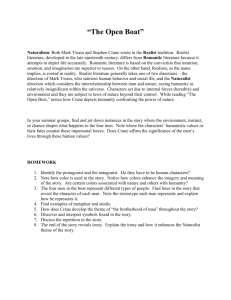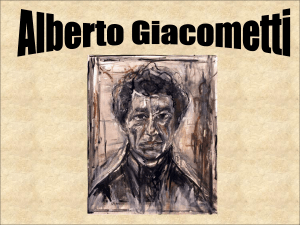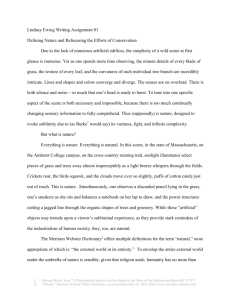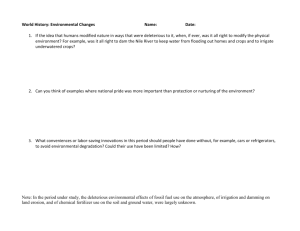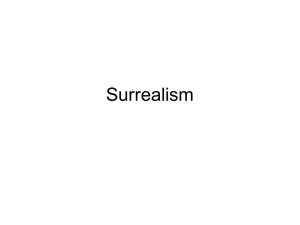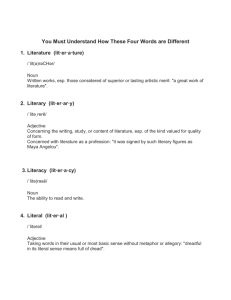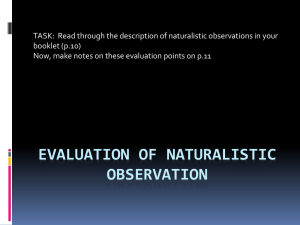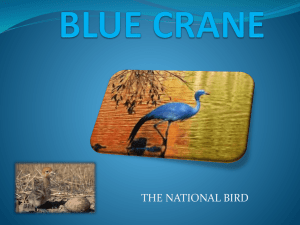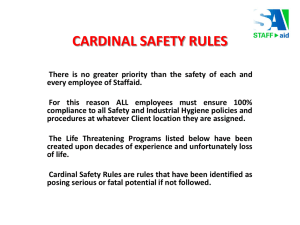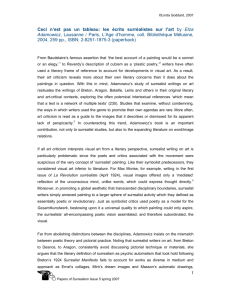“NATURALISM: A literary movement seeking to depict life as
advertisement
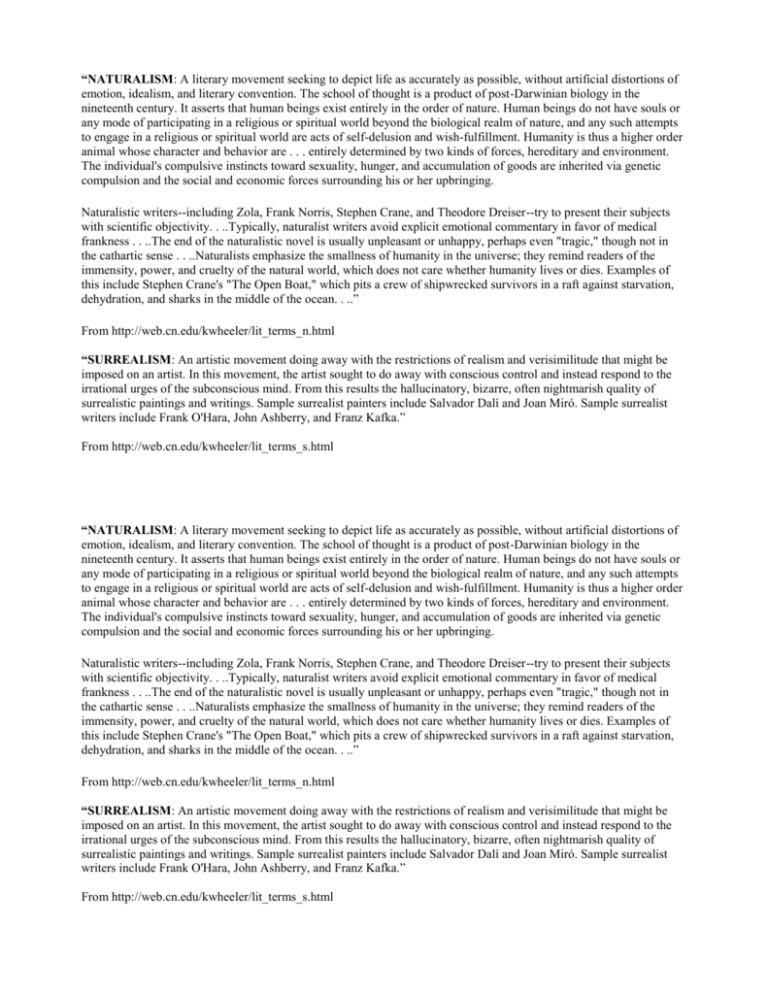
“NATURALISM: A literary movement seeking to depict life as accurately as possible, without artificial distortions of emotion, idealism, and literary convention. The school of thought is a product of post-Darwinian biology in the nineteenth century. It asserts that human beings exist entirely in the order of nature. Human beings do not have souls or any mode of participating in a religious or spiritual world beyond the biological realm of nature, and any such attempts to engage in a religious or spiritual world are acts of self-delusion and wish-fulfillment. Humanity is thus a higher order animal whose character and behavior are . . . entirely determined by two kinds of forces, hereditary and environment. The individual's compulsive instincts toward sexuality, hunger, and accumulation of goods are inherited via genetic compulsion and the social and economic forces surrounding his or her upbringing. Naturalistic writers--including Zola, Frank Norris, Stephen Crane, and Theodore Dreiser--try to present their subjects with scientific objectivity. . ..Typically, naturalist writers avoid explicit emotional commentary in favor of medical frankness . . ..The end of the naturalistic novel is usually unpleasant or unhappy, perhaps even "tragic," though not in the cathartic sense . . ..Naturalists emphasize the smallness of humanity in the universe; they remind readers of the immensity, power, and cruelty of the natural world, which does not care whether humanity lives or dies. Examples of this include Stephen Crane's "The Open Boat," which pits a crew of shipwrecked survivors in a raft against starvation, dehydration, and sharks in the middle of the ocean. . ..” From http://web.cn.edu/kwheeler/lit_terms_n.html “SURREALISM: An artistic movement doing away with the restrictions of realism and verisimilitude that might be imposed on an artist. In this movement, the artist sought to do away with conscious control and instead respond to the irrational urges of the subconscious mind. From this results the hallucinatory, bizarre, often nightmarish quality of surrealistic paintings and writings. Sample surrealist painters include Salvador Dalí and Joan Miró. Sample surrealist writers include Frank O'Hara, John Ashberry, and Franz Kafka.” From http://web.cn.edu/kwheeler/lit_terms_s.html “NATURALISM: A literary movement seeking to depict life as accurately as possible, without artificial distortions of emotion, idealism, and literary convention. The school of thought is a product of post-Darwinian biology in the nineteenth century. It asserts that human beings exist entirely in the order of nature. Human beings do not have souls or any mode of participating in a religious or spiritual world beyond the biological realm of nature, and any such attempts to engage in a religious or spiritual world are acts of self-delusion and wish-fulfillment. Humanity is thus a higher order animal whose character and behavior are . . . entirely determined by two kinds of forces, hereditary and environment. The individual's compulsive instincts toward sexuality, hunger, and accumulation of goods are inherited via genetic compulsion and the social and economic forces surrounding his or her upbringing. Naturalistic writers--including Zola, Frank Norris, Stephen Crane, and Theodore Dreiser--try to present their subjects with scientific objectivity. . ..Typically, naturalist writers avoid explicit emotional commentary in favor of medical frankness . . ..The end of the naturalistic novel is usually unpleasant or unhappy, perhaps even "tragic," though not in the cathartic sense . . ..Naturalists emphasize the smallness of humanity in the universe; they remind readers of the immensity, power, and cruelty of the natural world, which does not care whether humanity lives or dies. Examples of this include Stephen Crane's "The Open Boat," which pits a crew of shipwrecked survivors in a raft against starvation, dehydration, and sharks in the middle of the ocean. . ..” From http://web.cn.edu/kwheeler/lit_terms_n.html “SURREALISM: An artistic movement doing away with the restrictions of realism and verisimilitude that might be imposed on an artist. In this movement, the artist sought to do away with conscious control and instead respond to the irrational urges of the subconscious mind. From this results the hallucinatory, bizarre, often nightmarish quality of surrealistic paintings and writings. Sample surrealist painters include Salvador Dalí and Joan Miró. Sample surrealist writers include Frank O'Hara, John Ashberry, and Franz Kafka.” From http://web.cn.edu/kwheeler/lit_terms_s.html
